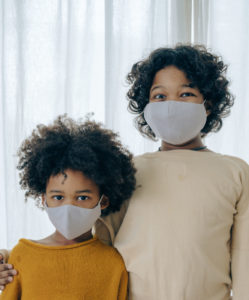
The authors of the letter studied patients under the age of 21 who were hospitalized in New York City at Columbia University Irving Medical Center / New York-Presbyterian Morgan Stanley Children’s Hospital between late April and early May of this year. Each patient included in the study suffered a prolonged fever, shock, systemic inflammation, end-organ dysfunction, or symptoms consistent with either Kawasaki disease or toxic shock syndrome. The study participants all also displayed evidence of SARS-CoV-2 infection.
Of the 17 patients who were studied, 8 were male, and 9 were female. Their median age was 8 years old, and most of them were white. Whereas 8 of them these patients positive for COVID-19 through PCR testing, the remaining 9 tested positive via antibody testing. Before becoming infecting with the virus, all children were reportedly healthy.
The authors observed that though patients’ clinical presentations overlapped with Kawasaki disease and toxic shock syndrome, the patients also displayed distinguishing clinical features. Based on their analysis and observations of cytokine expression patterns, these physicians suggest that interferon signaling similar to what is observed in Kawasaki disease may be occurring in these patients. They conclude that these patients require long-term surveillance because of abnormal cardiac findings.
Reference
Cheung, EW et al. (2020). Multisystem inflammatory syndrome related to COVID-199 in previously healthy children and adolescents in New York City. JAMA. doi:10.1001/jama.2020.10374
